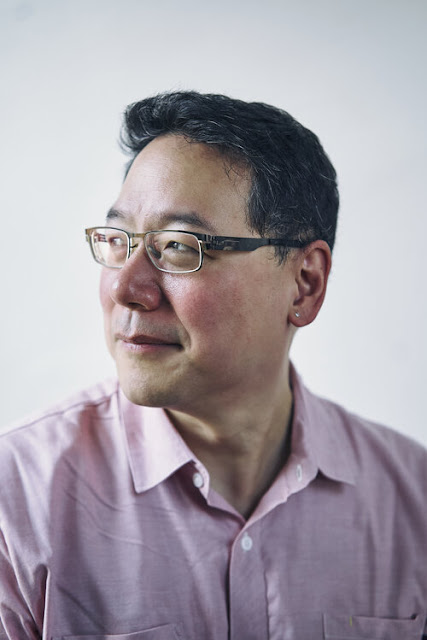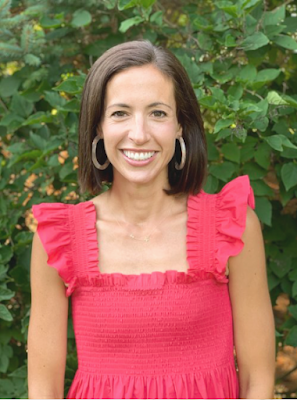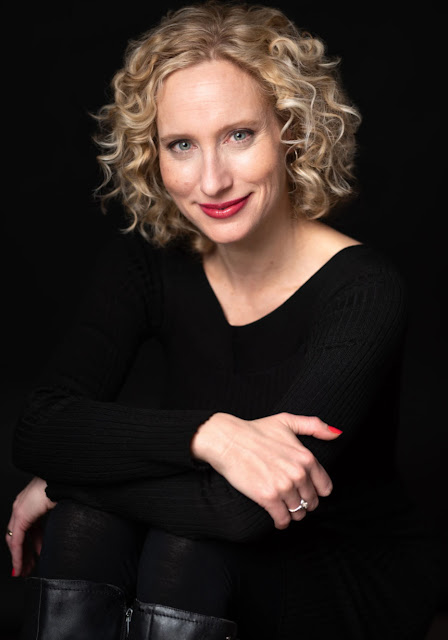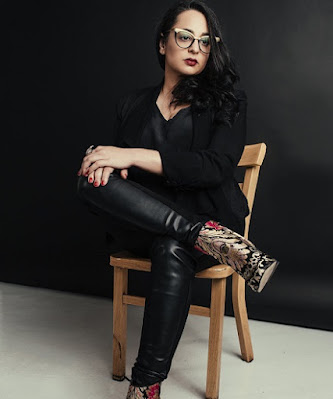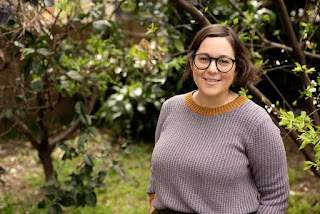 now lives and writes on Dharawal country and has a Ph.D. in creative writing from the University of Wollongong on the south coast of Australia. An earlier version of Dirt Creek was shortlisted for the Penguin Literary Prize and won The Kill Your Darlings Unpublished Manuscript Award.
now lives and writes on Dharawal country and has a Ph.D. in creative writing from the University of Wollongong on the south coast of Australia. An earlier version of Dirt Creek was shortlisted for the Penguin Literary Prize and won The Kill Your Darlings Unpublished Manuscript Award.
My Q&A with the author:
How much work does your title do to take readers into the story?Visit Hayley Scrivenor's website.
Esther Bianchi, a twelve-year-old girl who goes missing on her way home from school, lives in a small country town in Australia called Durton. A nickname for the town, one used on the playground by the kids who live there, is ‘Dirt Town’. By that logic, Durton Creek also becomes ‘Dirt Creek’. And because it’s been a long, hot and dry spring in the town, ‘Dirt Creek’ is just about right, in terms of the water level.
It’s interesting, because Dirt Creek is the name my American publisher preferred, but the book is called Dirt Town in my home country of Australia. Dirt Creek is an important site in the book—lots of important events happen there—and I like the way the title brings that into focus more. I do get a lot of messages asking about the difference, but I like having different titles in different countries. It makes me feel like I wrote more than one book!
What's in a name?
I spent quite a bit of time thinking about the names of characters. Some have been the same almost since the start: Veronica, the missing girl’s best friend, goes by ‘Ronnie’, and that always felt absolutely right for her character. The character of Lewis, a young boy who sees Esther after she’s supposed to have gone missing, gets called ‘Louise’ by his classmates, I had to reverse-engineer a name that kids could play with in that way. Sometimes, names can become a little in-joke with yourself, too. There is a character named ‘Constance’, who is the mother of the missing girl. I called her Constance because she changes her mind a lot, over the course of the story.
How surprised would your teenage reader self be by your novel?
I think teenaged Hayley would be shocked, and also delighted. I think I would be very surprised to find that I (we?) had written about the small town where we grewup. When I left at the age of twelve, I’d thought I’d never look back.
Do you find it harder to write beginnings or endings? Which do you change more?
I spent a lot of time on both, and for Dirt Creek I think I worked equally hard on both, although what would become the beginning was written in a bit of a rush, towards the end, and I would say the ending went through more incremental changes.
The beginning is so important, and, in my case, it’s where I introduce a kind of ‘Greek chorus’ that we’ll hear from throughout the novel. I think it’s helpful to set the terms of engagement very early with a book, particularly when you’re trying to do something a little different with the structure. I would also say that I had, from very early on, a clear understanding of where the main characters would ‘end up’. The real challenge is bringing the reader down to a safe landing, so they feel like the story ends when it should. I worked hard to find that sweet spot of showing the fallout of events, without going on for too long. In the end, I wanted the reader to feel the far-reaching implications of Esther’s disappearance, to really miss her, so every decision was made with that in mind.
Do you see much of yourself in your characters? Do they have any connection to your personality, or are they a world apart?
Ronnie is certainly very close to me, in that she is always thinking about where her next snack is coming from. There are a lot of food references in the book: you can tell I was hungry a lot of the time I spent writing it! Ronnie is also a good friend, which I hope I am, and probably a bit gullible, which I definitely am. Each of my characters have big chunks of me in them. The glory of fiction is you get to work through and think about things that trouble you without feeling too exposed. One example would be that I gave a lot of my own uncertainty and fear about my sexuality when I was a kid to the character of Lewis. Other ones feel too private – which is why I’ll always be a fiction writer, first and foremost!
--Marshal Zeringue






